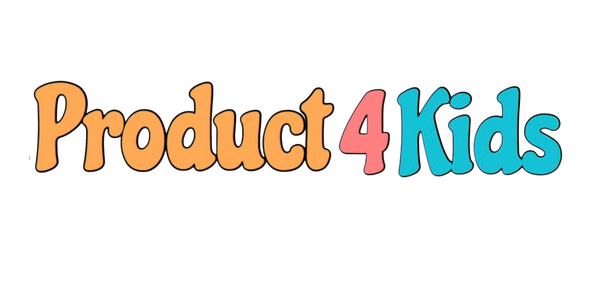As a parent, ensuring your child's health and well-being is of utmost importance. Dental health plays a significant role in their overall development, and taking care of their baby teeth is crucial. In this article, we will explore the topic of baby teeth and provide you with essential information on how to maintain your child's dental health. From the eruption of the first tooth to oral care practices, we will cover everything you need to know. Let's dive in!
Table of Contents
- Understanding Baby Teeth
- The Eruption of Baby Teeth
- Importance of Baby Teeth
- Caring for Your Child's Baby Teeth
- Establishing Good Oral Care Habits
- Proper Brushing Techniques
- Flossing and Dental Hygiene
- Healthy Diet for Healthy Teeth
- Regular Dental Check-ups
- Dealing with Common Dental Issues
- Thumb-Sucking and Pacifiers
- When to Visit an Orthodontist
- Protecting Baby Teeth during Sports
- Teething Remedies and Soothing Techniques
- Conclusion
Understanding Baby Teeth
Baby teeth, also known as primary teeth or deciduous teeth, are the first set of teeth that children develop. They typically start to appear around six months of age and continue to emerge until the age of three. Baby teeth serve as placeholders for permanent teeth and are crucial for various functions, including chewing, speaking, and maintaining space for proper jaw development.
The Eruption of Baby Teeth
The eruption of baby teeth follows a general timeline, although individual variations are common. The lower central incisors are usually the first to erupt, followed by the upper central incisors. The lateral incisors, first molars, canines, and second molars gradually appear over time. By the age of three, most children have a full set of baby teeth.
Importance of Baby Teeth
While baby teeth are temporary, they play a vital role in your child's oral health and development. They aid in proper speech development, enable children to chew food effectively, and maintain the alignment and spacing for permanent teeth. Neglecting baby teeth can lead to dental issues, such as cavities, infections, and misalignment, which may have long-term consequences.
Caring for Your Child's Baby Teeth
To ensure the health of your child's baby teeth, it is essential to establish good oral care habits from an early age. Here are some key practices to follow:
1. Establishing Good Oral Care Habits
Introduce oral care routines as soon as your child's first tooth emerges. Use a soft-bristled toothbrush and water to gently clean their teeth and gums. As they grow older, you can introduce a small amount of fluoride toothpaste (about the size of a rice grain) and teach them how to spit it out after brushing.
2. Proper Brushing Techniques
Demonstrate proper brushing techniques to your child. Hold the toothbrush at a 45-degree angle and brush in small circular motions, covering all tooth surfaces. Pay extra attention to the gumline and back molars. Encourage your child to brush their teeth at least twice a day for two minutes each time.
3. Flossing and Dental Hygiene
Once your child's teeth start touching each other, introduce flossing into their oral care routine. Teach them how to use dental floss or floss picks to remove plaque and food particles from between their teeth. Emphasize the importance of thorough cleaning and maintaining good dental hygiene.
4. Healthy Diet for Healthy Teeth
A balanced diet plays a significant role in maintaining optimal dental health. Limit sugary snacks and beverages, as they can contribute to tooth decay. Encourage your child to consume a variety of nutritious foods, including fruits, vegetables, whole grains, and dairy products. These provide essential vitamins and minerals for strong teeth and gums.
5. Regular Dental Check-ups
Schedule regular dental check-ups for your child, starting from their first birthday or when their first tooth erupts. Regular visits to the dentist help monitor their oral health, identify any potential issues early on, and receive professional guidance on proper oral care practices.
Conclusion
Taking care of your child's baby teeth is a vital aspect of their overall health and development. By following proper oral care routines, maintaining a healthy diet, and seeking regular dental check-ups, you can lay a strong foundation for their lifelong dental well-being. Remember, healthy baby teeth lead to healthy permanent teeth!
